Posted on 12/20/2024
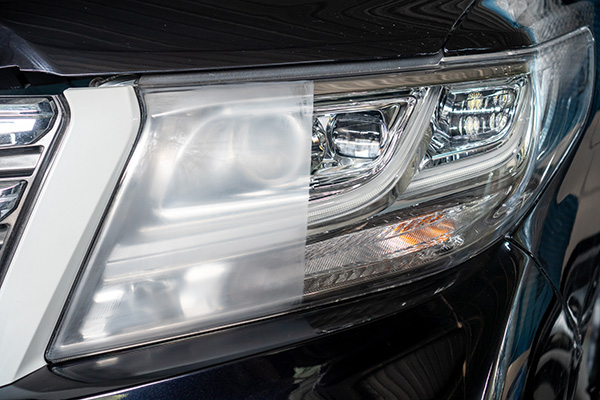
Clear visibility isn’t just a convenience when you’re driving—it’s a necessity for safety. But what happens when your headlights lose their brightness because of burned or cloudy lenses? Headlights are your car’s eyes at night or in bad weather, and any obstruction to their performance can put you and others on the road at risk. We'll explain why burned headlight lenses are a big deal and what you can do about them. What Causes Headlight Lenses to Burn or Cloud Over Most modern vehicles use plastic headlight lenses rather than glass. While plastic is lightweight and durable, it’s not immune to wear and tear. Over time, exposure to sunlight, heat, and environmental contaminants can cause the lenses to degrade. This process, known as oxidation, is the primary culprit behind burned or cloudy headlight lenses. UV rays from the sun break down the clear coat on the lens, leading to discoloration and a hazy appearance. Add in road de ... read more
Posted on 11/29/2024
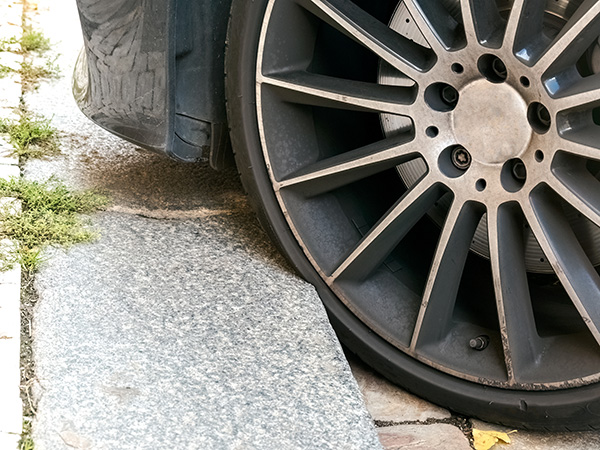
It happens to almost everyone at some point: you misjudge a turn or hit a pothole, and suddenly, your car jolts from a harsh impact with the curb. But aside from the shock, can hitting a curb actually cause serious tire damage? It might seem harmless, but even a seemingly minor impact can have surprising consequences for your tires, alignment, and even suspension. Let’s take a closer look at what really happens when you hit a curb, what damage to watch for, and what steps you should take if it happens. What Happens When You Hit a Curb Hitting a curb is more than just a simple bump. Your tires, wheels, and suspension system take the brunt of the force from the impact. Tires are made of reinforced rubber designed to withstand regular driving stresses, but they aren’t invincible. When a curb strike occurs, it can compress and stress the tire structure, potentially leading to several issues, from sidewall damage to alignment shifts. A single hit ... read more
Posted on 10/31/2024
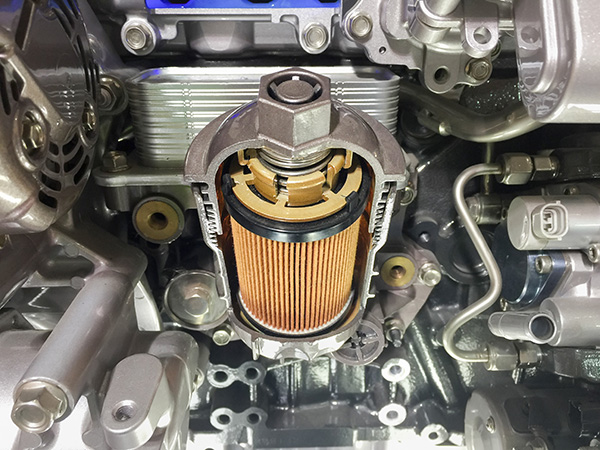
Have you ever let your fuel tank run dangerously low? Maybe you've even pushed your car until it completely ran out of gas. While it might seem like a minor inconvenience, running out of fuel can have lasting consequences, particularly for your fuel pump. Many drivers don’t realize that this critical component relies on the fuel itself to stay cool and lubricated. So, can running out of fuel damage your fuel pump? Let's find out. How Does a Fuel Pump Work Your car’s fuel pump delivers fuel from the gas tank to the engine. Located either inside the fuel tank or close to it, this pump pressurizes the fuel and sends it through the fuel lines to the engine, ensuring a consistent flow for combustion. Most modern cars use electric fuel pumps that rely on a constant supply of fuel to maintain optimal performance. But here's where things can go wrong: when your tank runs dry, the pump is forced to operate without fuel, which it depends on for cooling ... read more
Posted on 9/27/2024
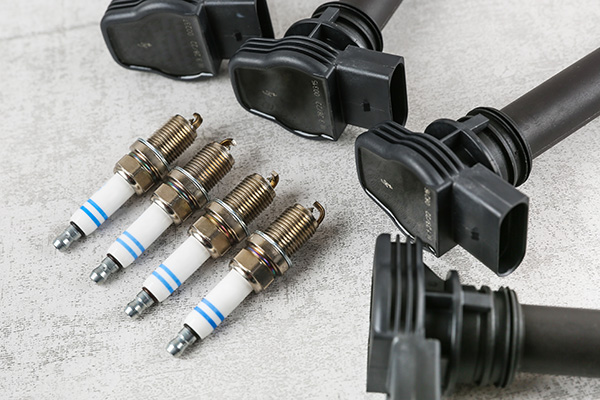
Ever wondered how your car starts and gets you moving? It all starts with a small yet crucial spark. The spark plugs and ignition coils in your car create the necessary spark that ignites the air-fuel mixture in the engine’s cylinders. Without them, your car wouldn’t run at all. While these components are tucked away under the hood and often forgotten until they malfunction, understanding how they work can help you appreciate the vital role they play in your vehicle's performance. Let’s examine how spark plugs and ignition coils work together to power your car. The Role of Spark Plugs in Your Car’s Engine Spark plugs are small, but they pack a big punch. Each spark plug is a crucial component responsible for igniting the air-fuel mixture inside your engine. Without a functioning spark plug, there’s no ignition, which means no power is generated. Every time you turn the key or press the start button in modern cars, spark plugs are wor ... read more
Posted on 8/30/2024
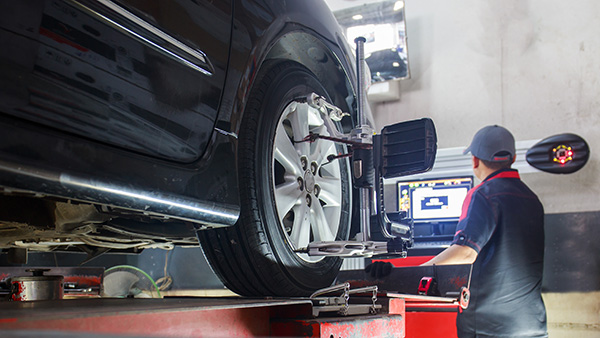
Ever noticed how your car's tires wear out unevenly? It's frustrating, right? You might find yourself replacing tires more frequently than expected, not realizing that the culprit could be something as simple as wheel alignment. Wheel alignment is crucial not only for the longevity of your tires but also for the overall performance and safety of your vehicle. We'll explain how wheel alignment affects tire wear and what you can do about it. The Basics of Wheel Alignment Wheel alignment refers to the adjustment of your vehicle's suspension—the system that connects a vehicle to its wheels. It's not about the tires or wheels themselves but the angles at which they make contact with the road. Proper alignment ensures your tires are oriented correctly, making full contact with the road. When alignment is off, even slightly, it can lead to a host of problems, including uneven tire wear ... read more